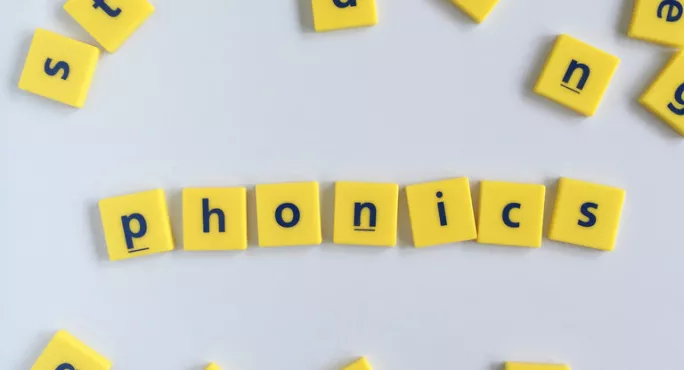- Home
- Tears over phonics check as teachers drill ‘non-words’
Tears over phonics check as teachers drill ‘non-words’

The phonics check is making children cry and confusing good young readers, a new survey into the controversial test for five- and six-year-olds shows.
In the survey, carried out by researchers at Newman University, Birmingham, and Leeds Beckett University, 63 per cent of participating teachers said they had seen children affected by the test.
“Children who are competent readers are becoming anxious and tearful over pseudo words,” one teacher commented on the survey form.
“Children are stressed. Some cry. It also results in an overuse of phonics when reading,” said another.
The phonics check is taken by all children at the end of Year 1. It consists of 40 words - 20 real words and 20 pseudo words - and is marked by the child’s own teacher.
Teachers and heads were particularly concerned about the inclusion of pseudo words: words such as “reb”, “wup” and “meft”, which are included to ensure that pupils are using phonic knowledge rather than memorisation to read. The words are accompanied by pictures of aliens, to indicate to children that they are not real words.
“Headteachers showed a level of disquiet about the use of pseudo/non/alien words in the phonics check,” the report states. “Twenty-seven of them commented on the focus that is now put on the teaching of alien/pseudo/ non-words in Year 1 to the detriment of other reading strategies.”
In the research, 82 per cent parents who gave examples of how their children were supposed to prepare for the test said they had been asked to practise recognising pseudo words.
And teachers said that the words, even with alien pictures to highlight their pseudo status, still confused children.
Phonics check: ‘Nonsense words’
“Better readers try to turn alien words into similar words they know are real,” said one respondent. “To prevent this from happening, children have to be ‘trained’ in how the test works. This time would be better spent teaching them actual reading skills.”
More than 60 per cent of the teachers surveyed said the check had affected the way they teach: “Drill children with nonsense words when we should be teaching the skills of reading of which phonics is just one small element,” one teacher said.
But some comments on the use of pseudo words were more supportive. ”‘Ensures children are using phonic skills and not just sight reading,” said one teacher.
The survey, answered by 180 heads and 1,140 teachers, found that 80 per cent of heads and teachers felt it was not useful to have both real and pseudo words in the phonics check.
And after the phonics check results were known, one in five (20 per cent) of teachers said children seemed worried or very worried.
The Phonics Screening Check 2012-2017: An independent enquiry into the views of headteachers, teachers and parents has been published on Newman University’s website.
The inquiry report has been co-edited by Margaret Clark, visiting professor at Newman University, and Jonathan Glazzard, professor of teacher education at Leeds Beckett University.
Last year, 81 per cent of Year 1 pupils passed the check. Children who fail must retake the check the following year.
But the report concludes that the government should seriously consider discontinuing the phonics check or making it voluntary, and if it is continued, that children who fail should not be required to resit in Year 2. It also recommends that the inclusion of pseudo words should be rethought.
The authors say that the government should rethink its policy of making the teaching or reading through synthetic phonics mandatory through requiring all trainees teachers who are involved with early reading to show they have a clear understanding of synthetic phonics in order to become qualified teachers. Instead, they say, the government should emphasise the role of synthetic phonics within a broad range of approaches for teaching children to read.
Nick Gibb, schools standards minister, has previously credited phonics teaching and the phonics check for England’s rise in international reading scores at age 10.
“The details of these findings are particularly interesting. I hope they ring in the ears of opponents of phonics whose alternative proposals would do so much to damage reading instruction in this country and around the world,” Mr Gibb said when the Progress in International Reading Literacy Study (Pirls) results were announced last year.
A Department for Education spokesperson said: “We want to make sure as many children as possible are reading well, and research shows that phonics is the most effective foundation for this.
“Since the introduction of the phonics screening check in 2012, there are now 154,000 more six year olds on track to become fluent readers. England’s recent rise up the international Pirls rankings shows that reading has improved for pupils from all backgrounds.
“We trust schools not to put undue pressure on young people when administering assessments and it should never be at the expense of their wellbeing.”
Keep reading for just £1 per month
You've reached your limit of free articles this month. Subscribe for £1 per month for three months and get:
- Unlimited access to all Tes magazine content
- Exclusive subscriber-only stories
- Award-winning email newsletters



